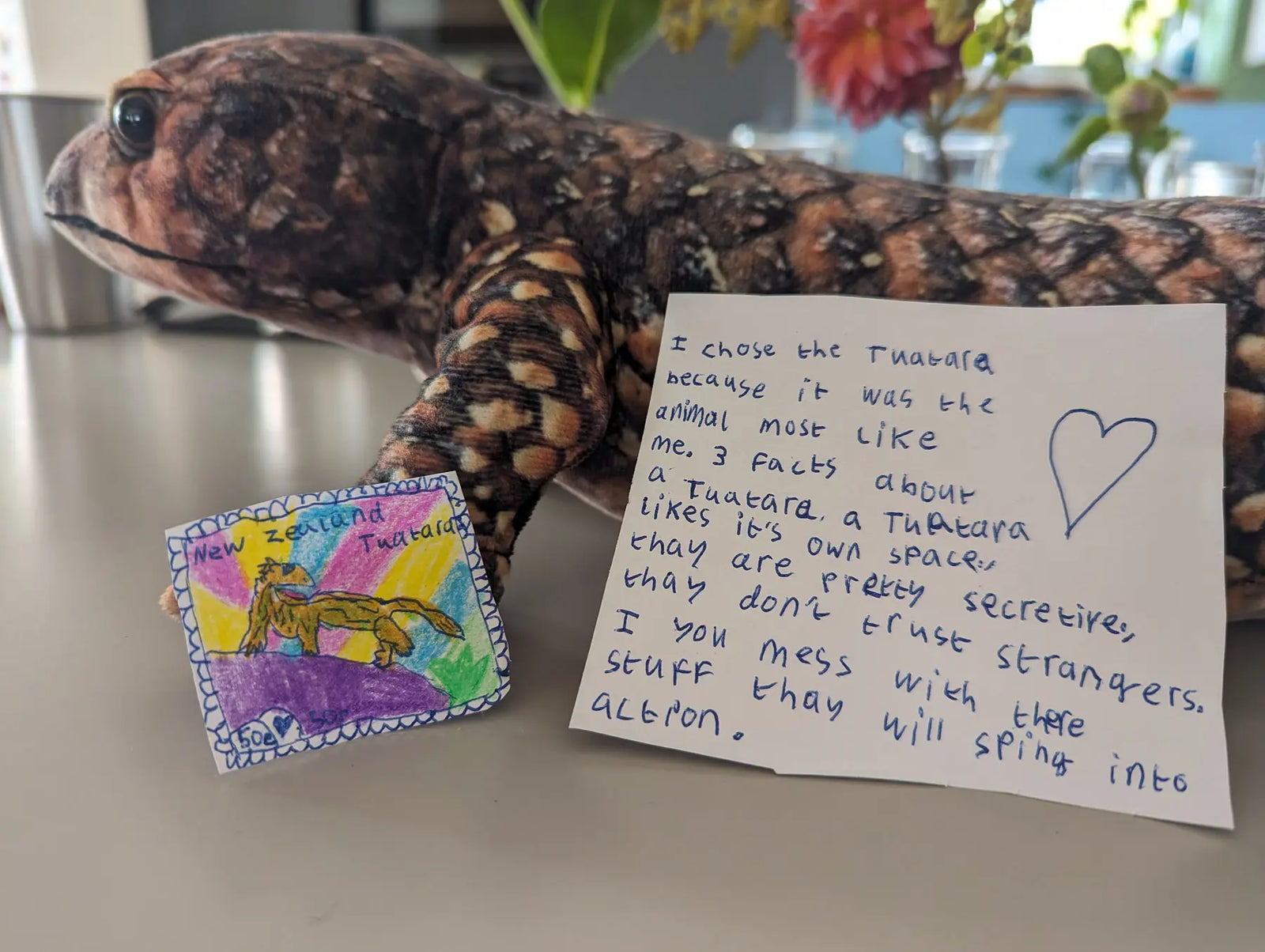Your Cart is Empty
They’re cute and cuddly, but they’re also great for cognitive development.In this article,Sean Whiting, Director ofHoughton Country, discusses the positive impact animals can have on a child’s wellbeing.
Spending time with cats, dogs, and other animals,as well as animal-related activities like horse riding, can have a lot of benefits for your child’s development—plus theirhappiness. Below, I’ll take you through the benefits of animal interaction,and suggest some of the ways you can introduce your children to different animals early in life.
 Studies have suggested that pet ownership can help with child and adolescent emotional, cognitive, behavioural, educational and social development (PubMed Central). That means that interacting with animalscan be great for developinga child’s social skills, as they can practice conversation with a non-judgmental partner. This canalsohelp them develop emotionally, giving them better self-esteem and confidence. Not only willthese make it easier for your children to make friends, but they’ll be more likely to perform well at school—so it has educational benefits as well!Mostly, though, animals can help children feel less lonely as they make great companions.
Studies have suggested that pet ownership can help with child and adolescent emotional, cognitive, behavioural, educational and social development (PubMed Central). That means that interacting with animalscan be great for developinga child’s social skills, as they can practice conversation with a non-judgmental partner. This canalsohelp them develop emotionally, giving them better self-esteem and confidence. Not only willthese make it easier for your children to make friends, but they’ll be more likely to perform well at school—so it has educational benefits as well!Mostly, though, animals can help children feel less lonely as they make great companions.
Looking after a pet or animal can also teach children about responsibility, as they need to be fed and cared for, and taking them out for walks can help keep your kids fit and healthy too. So, there are lots of reasons to introduce your children to animals early in life.
Households that keep pets allow children to have 24-hour access to a furry friend, so it’s worth considering adopting dogs, cats, or small caged animals that don’t mind being handled, such as domestic rats. However, taking on a pet is a big commitment and not an option for every household, so it’s important to take the decision seriously and only adopt a pet if you know you can look after it properly. That means having enough food and toys,but also time to spend with them. Alternatively, there are a few other ways you can help your kids grow up around animals without committing to a full-time pet.
If adopting your own pet isn’t an option, you could consider volunteering at an animal shelter to help care for those that don’t have families to live with. Many are looking for responsible volunteers (such as well-behaved children) to walk their dogs and play with them for a while, so your kids can interact with their favourite animals without the pressure of full-time care.
An animal-based hobby, such as horse-riding, is another great way to interact with animals and get your children out of the house into the fresh air at the same time. As well as learning how to ride, they will also learn how to care for a horse and form a bond with them, so it’s ideal for teaching about discipline and having respect for animals.

 If your children are shy around animals, it can help to have them observe in their natural habitats for a while. Animals should never be touched as it can be unsafe to do so, but you can leave food out in your garden for birds and squirrels then watch them feed from a distance. You could encourage your kids to keep a diary of what species they see and what food each one prefers.
If your children are shy around animals, it can help to have them observe in their natural habitats for a while. Animals should never be touched as it can be unsafe to do so, but you can leave food out in your garden for birds and squirrels then watch them feed from a distance. You could encourage your kids to keep a diary of what species they see and what food each one prefers.
Comments will be approved before showing up.
What an incredible fleet of rockets you launched into our inbox this month! Each design showed a different way to turn everyday scraps into something extraordinary. Some rockets looked ready for deep-space exploration, others carried alien crews, and a few were so beautifully decorated they could ha...
Meet the winners of our New Zealand postage stamp competition and explore a gallery of brilliant children’s designs celebrating Aotearoa’s unique wildlife.
Here’s a sneak peek straight from our latest issue of Eco Kids Planet, Wonders Beyond Earth. Wildlife News is where Rhona and Rusty round up the wildest real-world stories from across the planet. Enjoy the read! 🌎 Amazing Photo Entries! The Wildlife Photographer of the Year team gave me a sneak...



